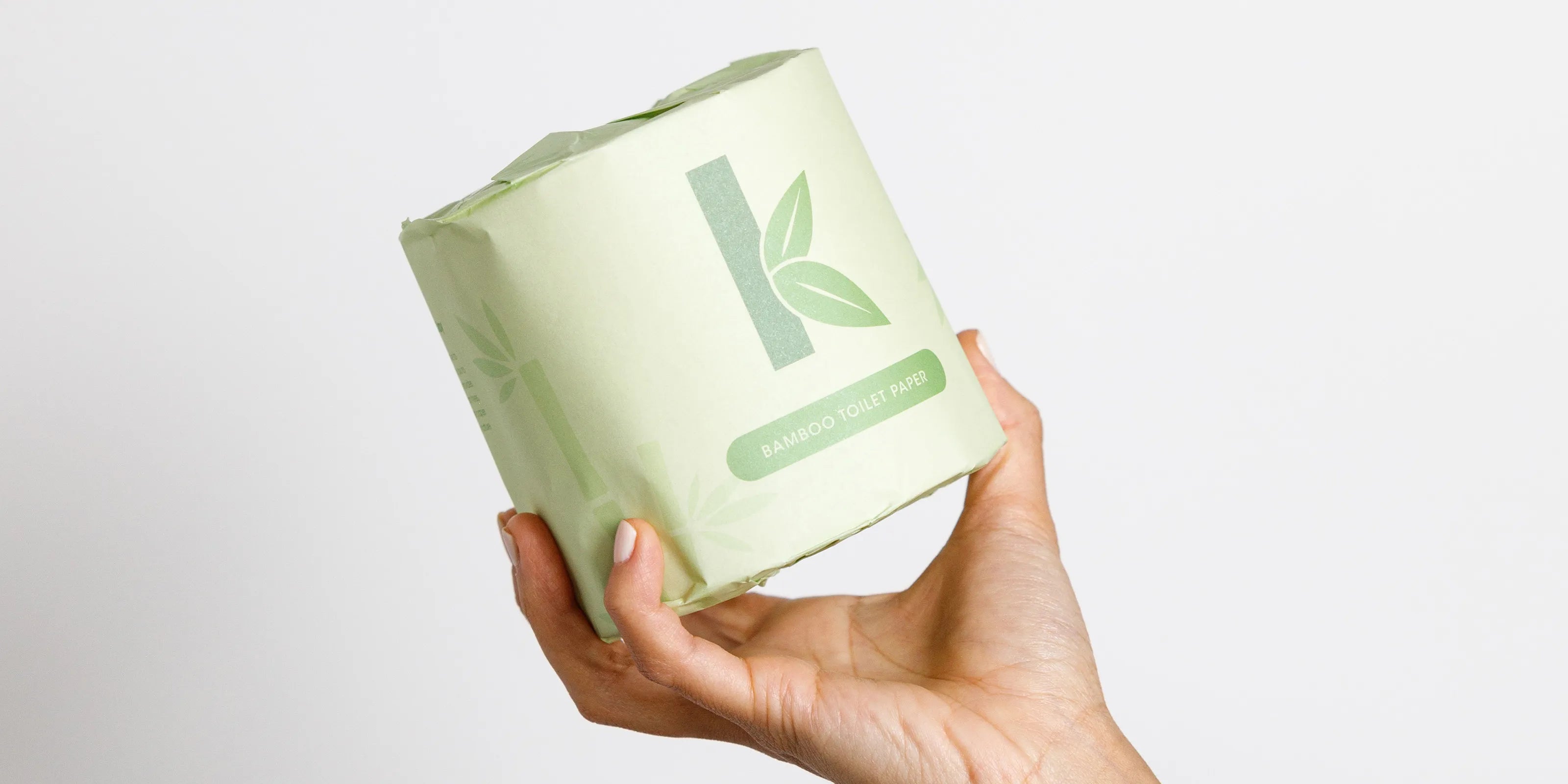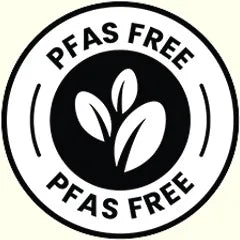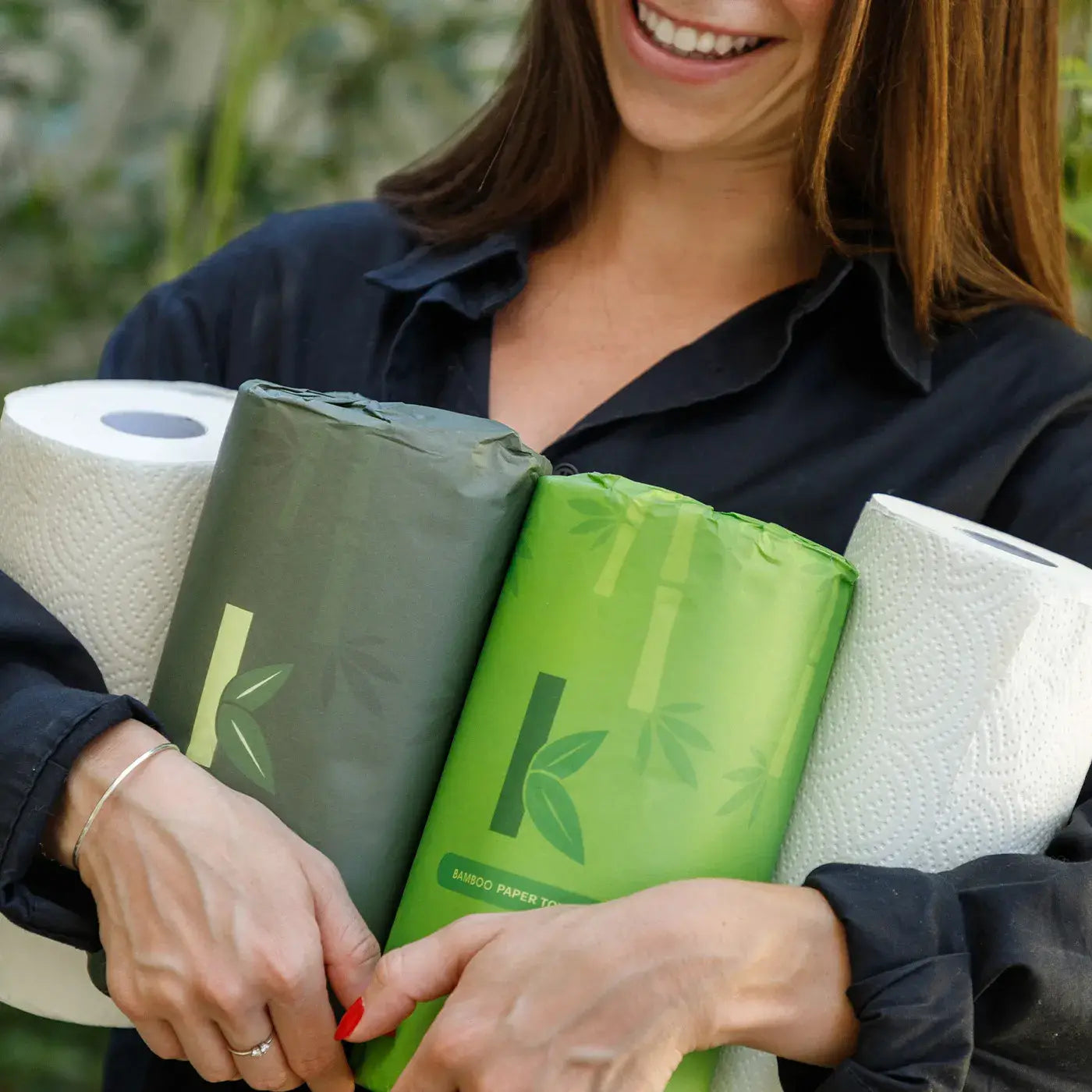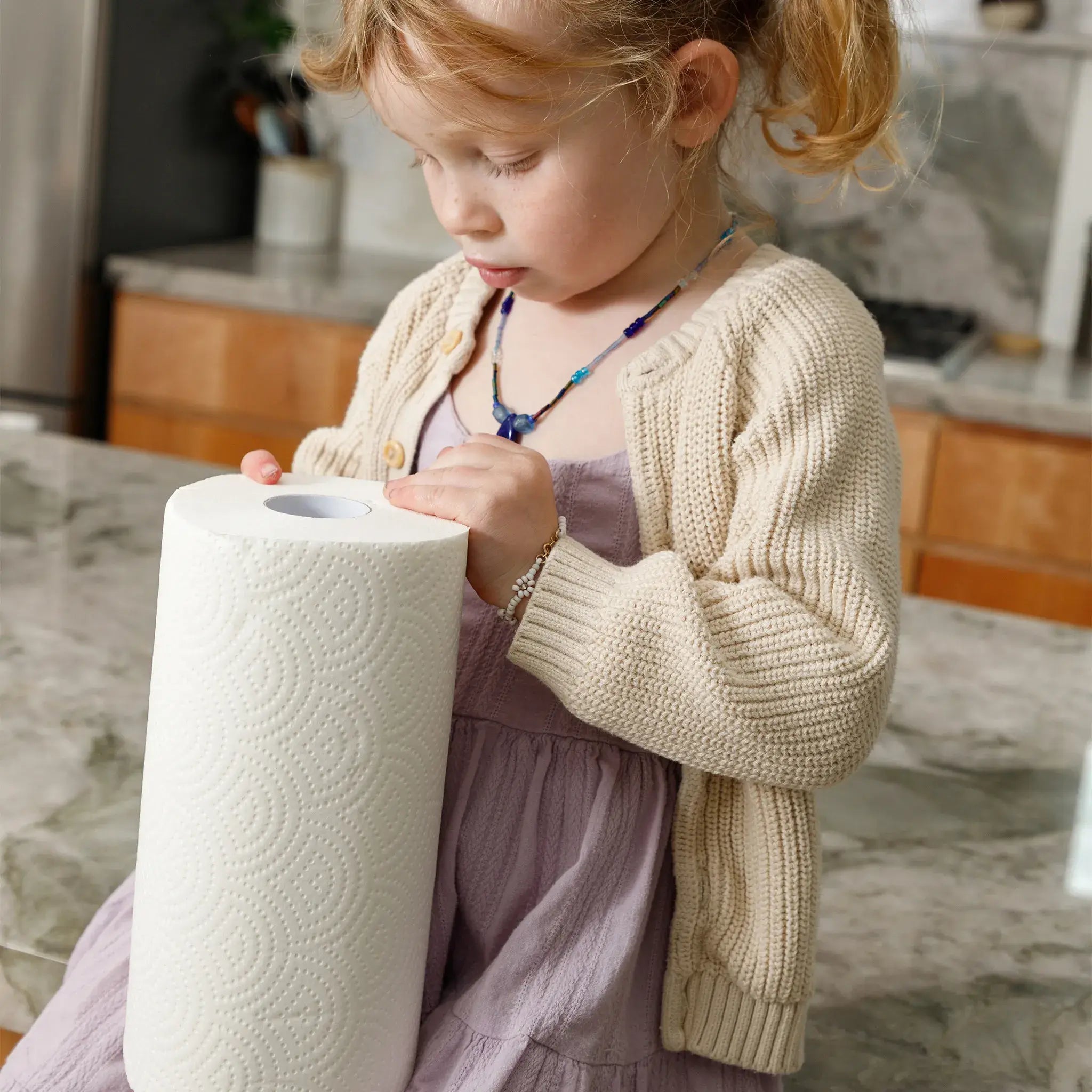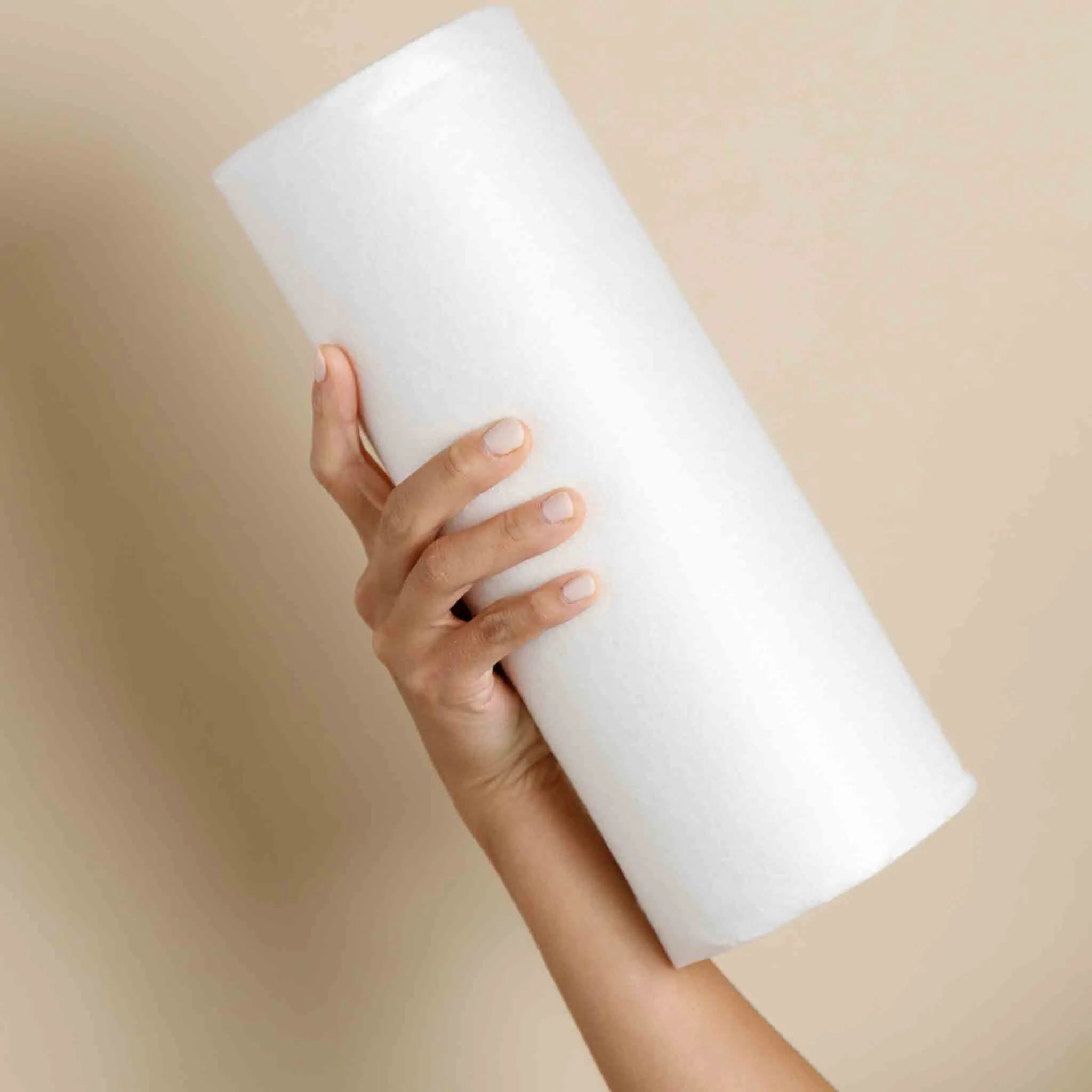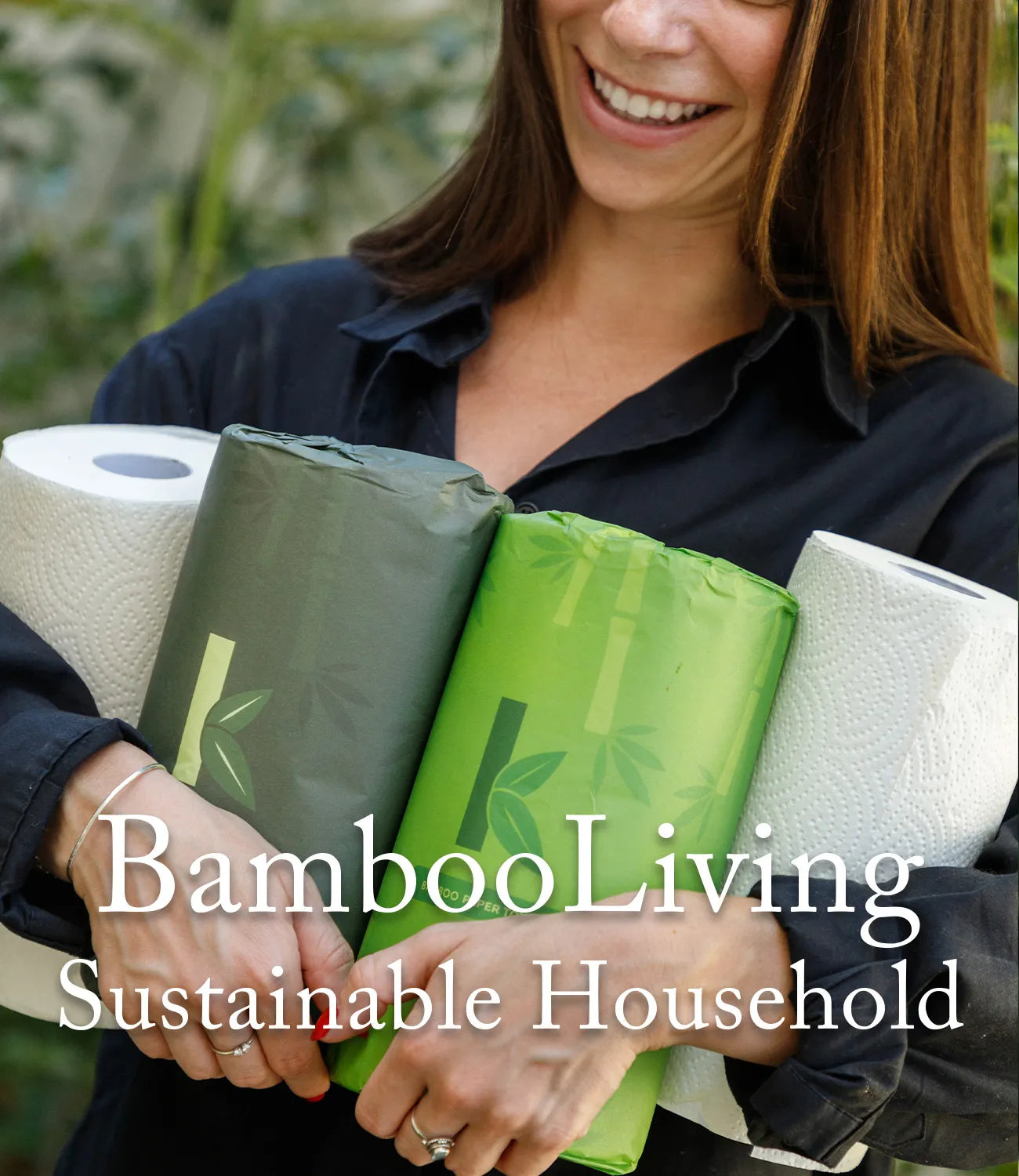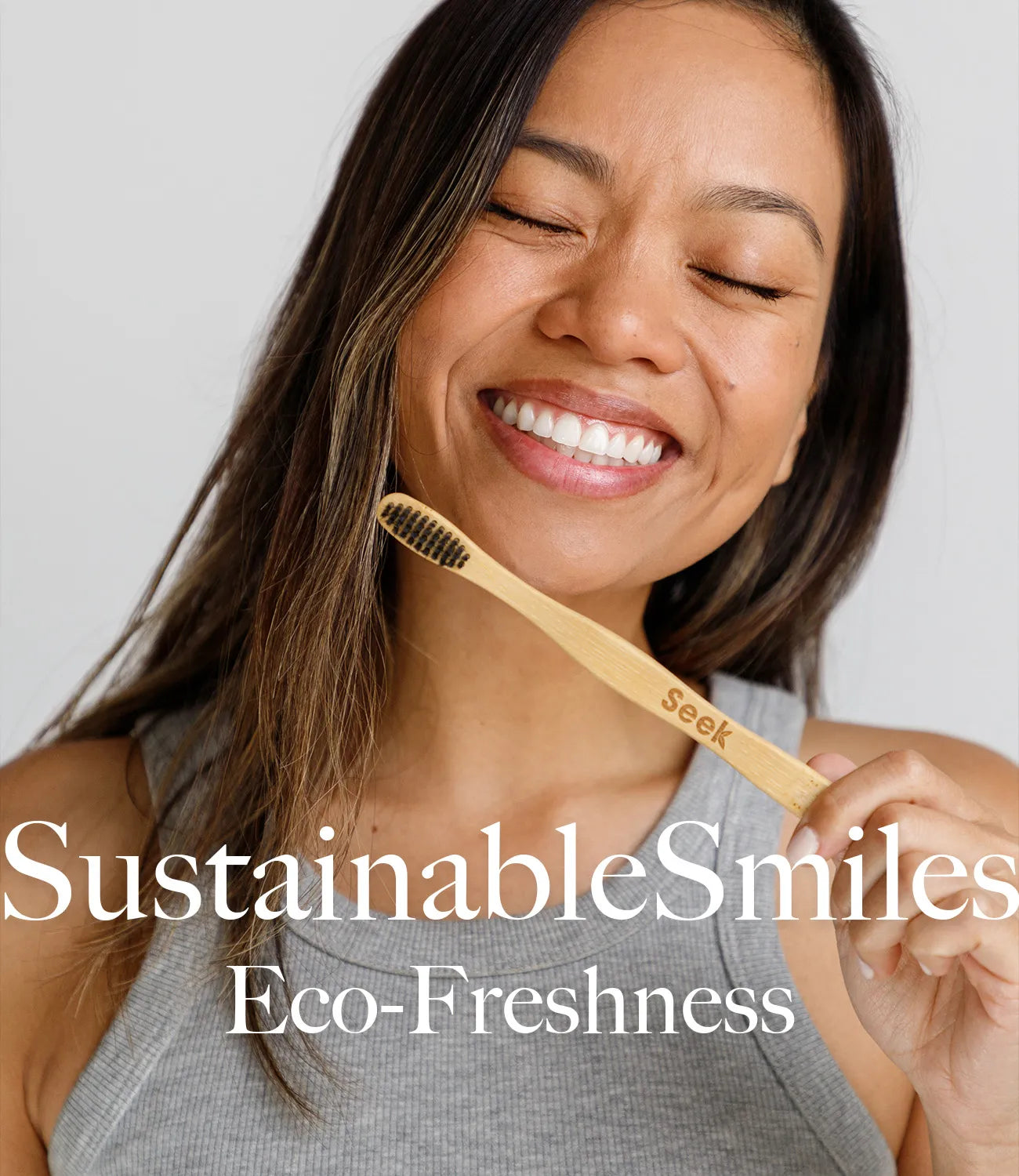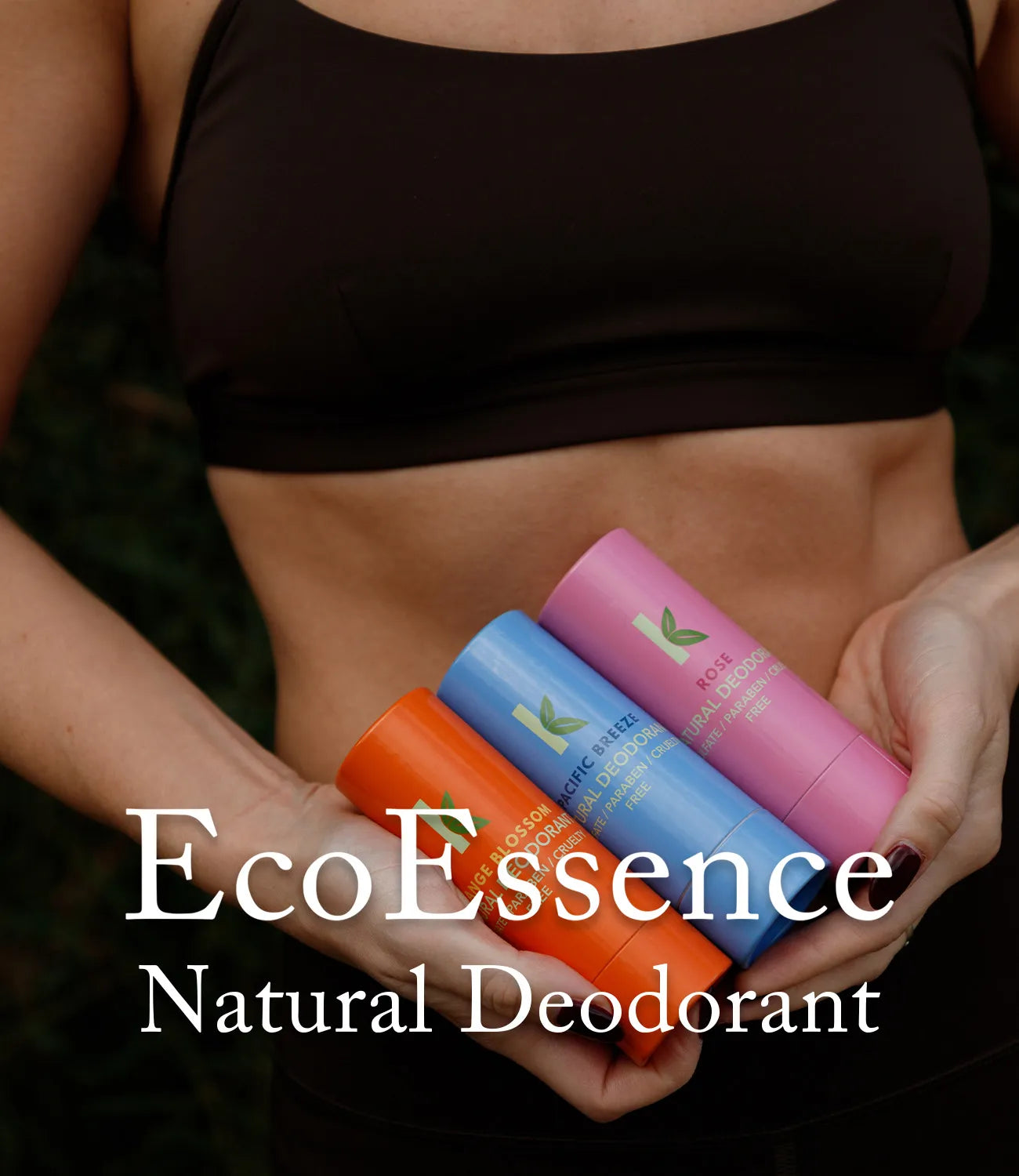Eco Friendly Toilet Paper
The environmental footprint of traditional toilet paper, a staple in households worldwide, is a critical yet often overlooked aspect of our daily consumption. At the core of its impact is the reliance on virgin pulp, which necessitates extensive deforestation. This deforestation is not a mere reduction in tree numbers; it's a multifaceted environmental disaster. It strips away critical habitats for countless species, thereby disrupting biodiversity. It also diminishes the forest's capacity to act as carbon sinks, which is vital in mitigating climate change. The statistics are alarming: each year, millions of trees are felled, with significant portions coming from ecologically crucial areas like the Canadian Boreal Forest, the Amazon Basin, and Scandinavian forests. These areas are not just tree repositories; they are complex ecosystems that play a central role in maintaining our planet's ecological balance.
The production process of traditional toilet paper further exacerbates its environmental toll. It is a water-intensive operation, requiring vast quantities of water to transform wood into the soft, plush rolls we use. This water usage is not just about quantity; it's also about quality. The effluents from paper mills, laden with chemicals used in the pulping and bleaching processes, pose a serious threat to water bodies. Bleaching, a common process to achieve the desired whiteness in toilet paper, often involves chlorine-based chemicals. These compounds can lead to the formation of dioxins and other harmful byproducts, which have been linked to a host of environmental and health issues, including disruptions in aquatic ecosystems and potential risks to human health.
Furthermore, the carbon footprint of this lifecycle, from tree cutting to the manufacturing process, and then transportation to stores and homes, is substantial. Traditional toilet paper production contributes to greenhouse gas emissions at every step. This includes the emissions from the machinery used in logging, the energy consumed during manufacturing, and the fuel used for transporting the final product. Additionally, the lack of recycling in the lifecycle of conventional toilet paper exacerbates its environmental impact. Unlike recycled paper products, which make use of existing materials, the production of traditional toilet paper continually feeds into the demand for new raw resources, perpetuating a cycle of consumption and environmental degradation.
In sum, the use of traditional toilet paper is not a trivial matter when considering its environmental implications. From the loss of ancient and biodiverse forests to the significant water and carbon footprints, the costs are immense. By illuminating these aspects, consumers are empowered to make more environmentally conscious choices, potentially pivoting towards sustainable alternatives that offer a reduced ecological impact without compromising on personal hygiene standards.
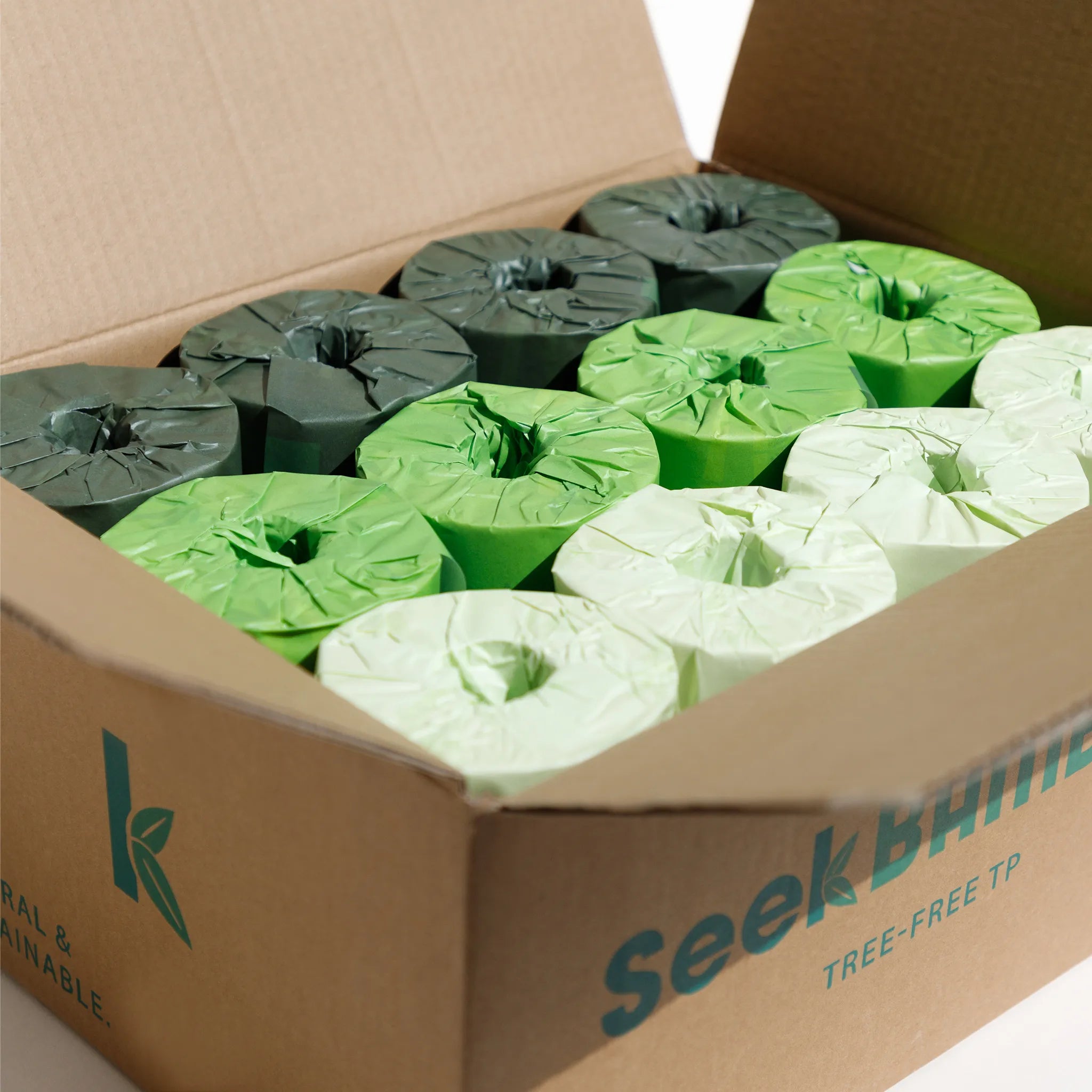
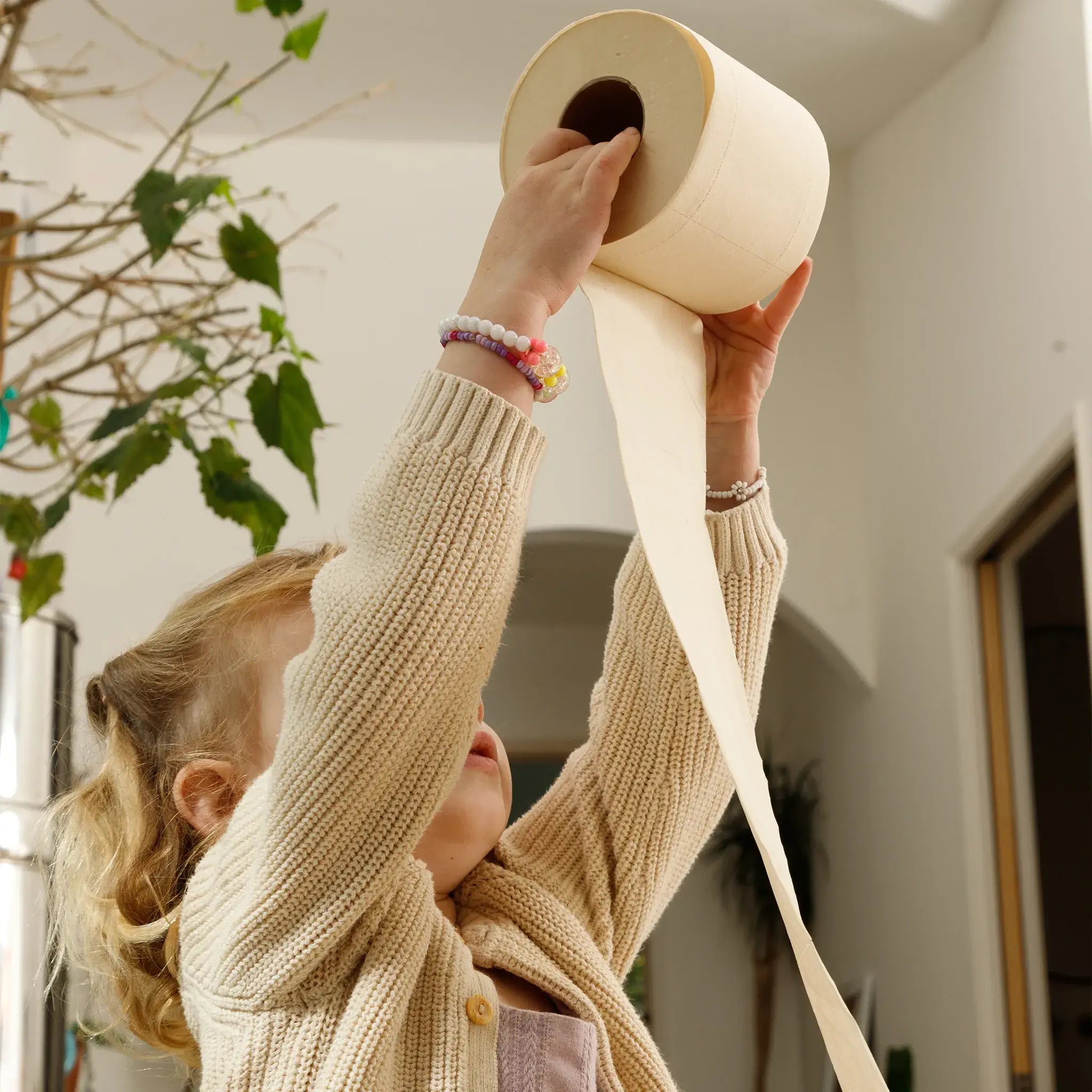
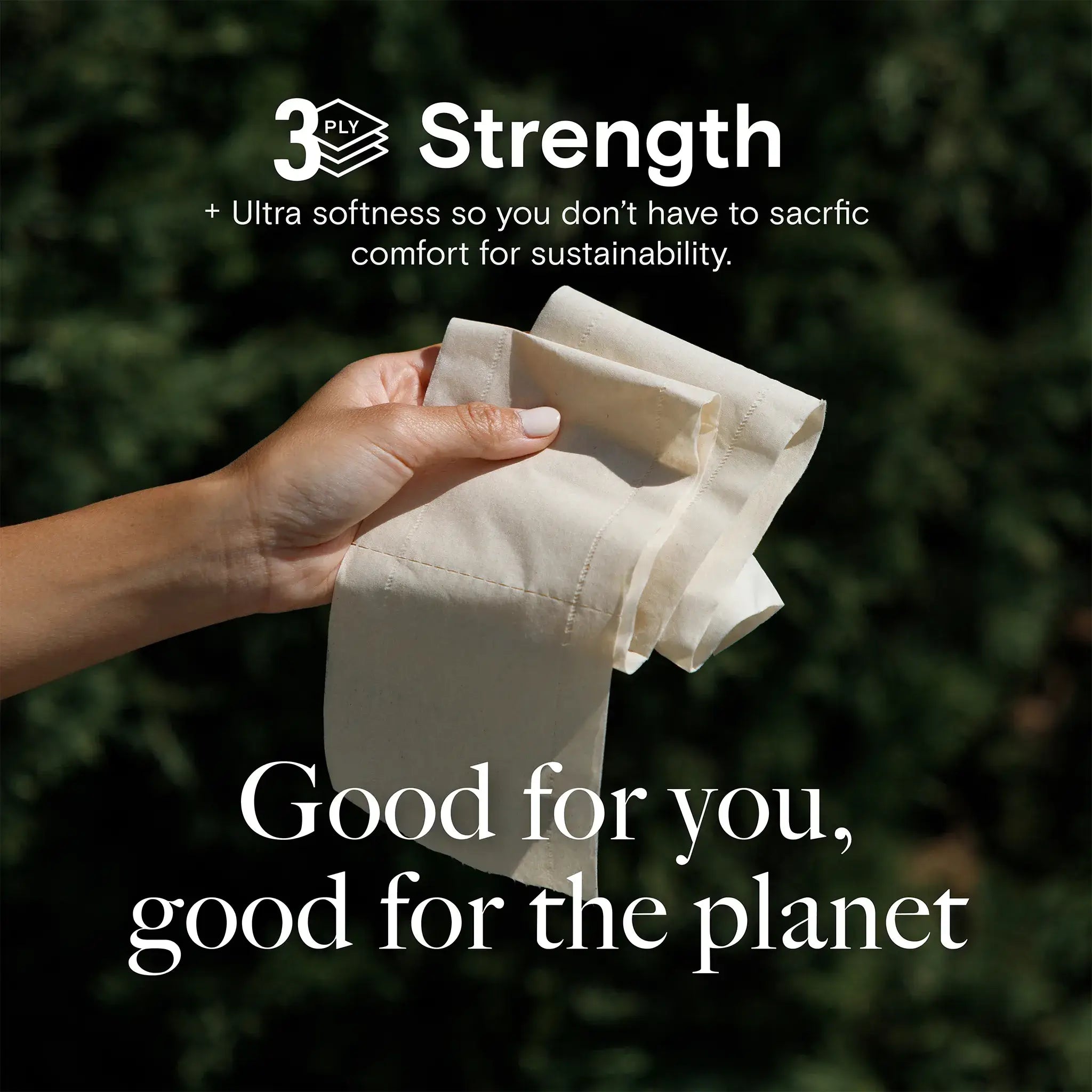
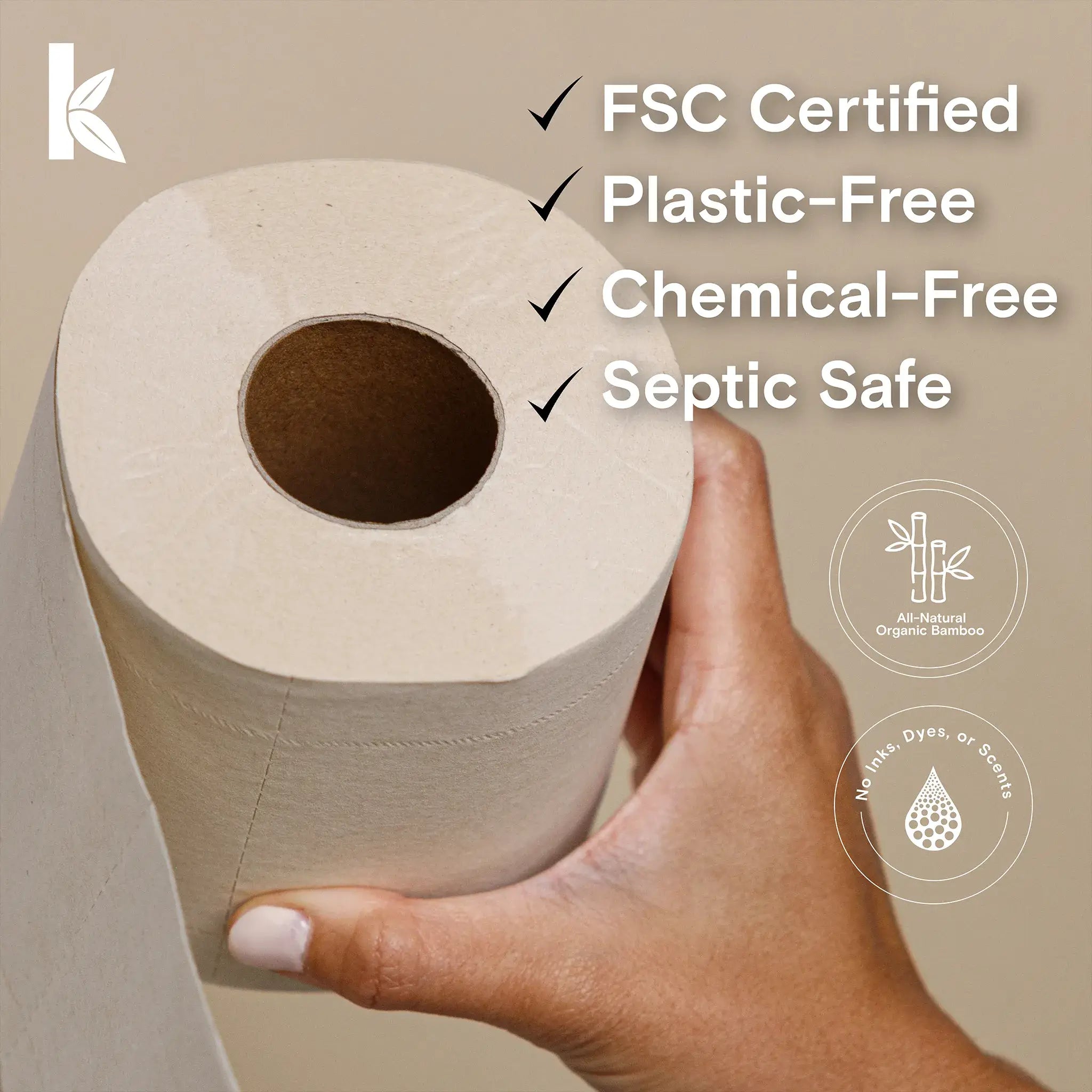
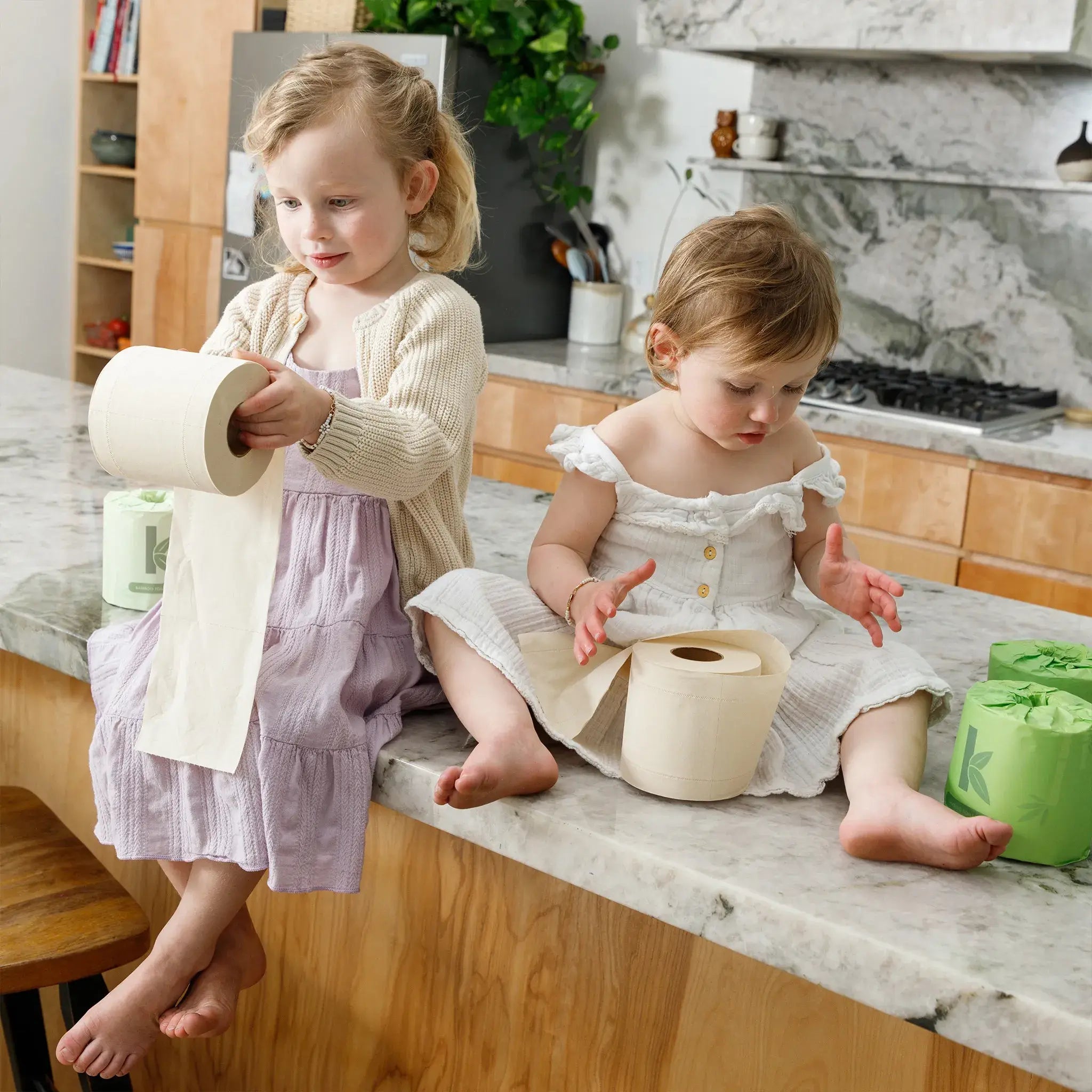
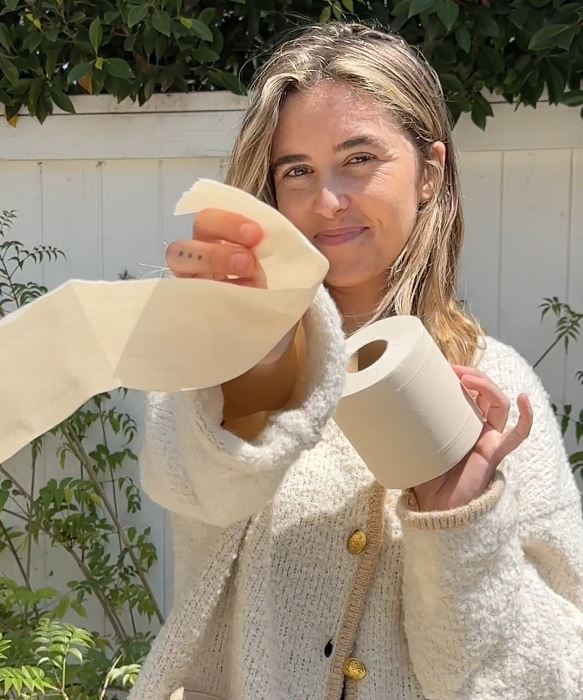
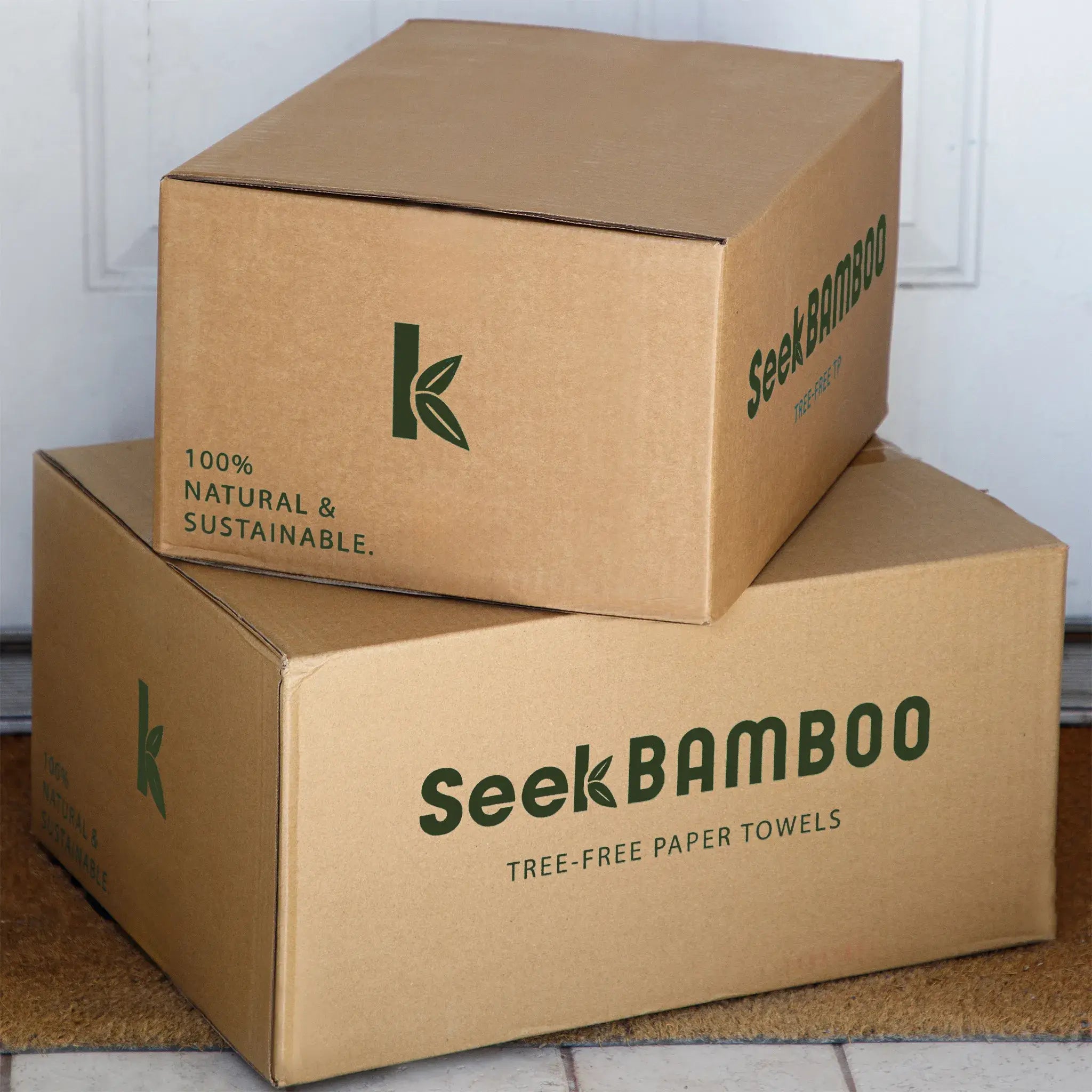
Best Eco-Friendly Toilet Paper
In our pursuit of a more sustainable lifestyle, the choices we make in our daily routines, no matter how small, can have a profound impact on the environment. One such choice lies in the seemingly mundane yet essential item: toilet paper. Moving away from traditional toilet paper, which carries a hefty environmental toll, we find ourselves navigating the world of eco-friendly alternatives. This realm is not just about reducing our ecological footprint; it's a testament to the innovation and commitment towards sustainability that can be found in everyday products. Among the eco-friendly options, three types stand out: bamboo toilet paper, recycled paper toilet paper, and unbleached toilet paper. Each of these types represents a unique approach to addressing environmental concerns, from the conservation of forests to the reduction of chemical usage and water waste.
As we delve deeper into these alternatives, we'll explore the nuances that make each type distinct. Bamboo toilet paper is celebrated for its sustainability and renewability, offering a promising alternative to traditional wood pulp. Recycled paper toilet paper, on the other hand, champions the cause of waste reduction, breathing new life into post-consumer paper products. Lastly, unbleached toilet paper stands as a beacon of minimal chemical processing, offering a more natural and less harmful option.
In this exploration, we aim not just to outline the benefits and drawbacks of each type but also to provide a deeper understanding of their environmental impacts. This knowledge empowers us as consumers to make choices that resonate with our personal values and contribute to a healthier planet. By considering factors such as raw material sourcing, production processes, and overall environmental footprint, we can gauge which eco-friendly toilet paper aligns best with our sustainable living goals.
As we journey through each type, remember that the choice of toilet paper is more than a mere household decision; it's a reflection of our commitment to the environment and a step towards a more sustainable future. Let's unravel the details of these eco-friendly alternatives and discover how even our smallest choices can make a significant difference in the world we live in.
Bamboo Toilet Paper
Bamboo toilet paper is rapidly gaining popularity due to its sustainable credentials. Bamboo, as a grass, grows quickly, often reaching maturity in just three to five years compared to the decades needed for traditional trees. This rapid growth rate, coupled with bamboo's natural regeneration ability (without the need for replanting), makes it a highly renewable resource. Additionally, bamboo plantations can be grown on land unsuitable for other crops, minimizing competition for agricultural land. The production of bamboo toilet paper typically uses fewer chemicals, and its softness is comparable to that of high-quality traditional options. However, there are considerations to be aware of. The transport of bamboo (often grown in Asia) to manufacturing facilities and markets across the globe can contribute to a higher carbon footprint. Also, the cost of bamboo toilet paper can be higher than conventional options, which might be a barrier for some consumers.
Recycled Paper Toilet Paper
Toilet paper made from recycled paper is a commendable choice for eco-conscious consumers. By repurposing post-consumer waste, this option significantly reduces the demand for virgin pulp, thereby decreasing deforestation and saving trees. The production process for recycled toilet paper is also less water and energy-intensive compared to virgin pulp processing. Furthermore, it often involves fewer harmful chemicals. The drawback, however, lies in the texture and softness, which some users might find less satisfactory compared to virgin pulp products. Additionally, the recycling process can sometimes involve de-inking and bleaching, which may use chemicals, although these are typically less harmful than those used in traditional toilet paper manufacturing. Curious to learn more about the difference between bamboo toilet paper vs. recycled toilet paper?
Unbleached Toilet Paper
Unbleached toilet paper stands out for its minimal chemical processing. By avoiding the bleaching process, this type of toilet paper reduces the release of harmful chemicals like chlorine dioxide into the environment. The natural color of unbleached toilet paper (usually beige or light brown) is a testament to its minimal processing. This option is often softer and stronger than recycled paper, making it more appealing to those who prioritize comfort. However, unbleached toilet paper, depending on its source (virgin or recycled), can have varying environmental impacts. If made from virgin pulp, it still contributes to deforestation, albeit with a reduced chemical footprint. If made from recycled materials, it offers a more sustainable alternative.
The Most Eco-Friendly Toilet Paper
Bamboo toilet paper is increasingly recognized as the superior eco-friendly alternative, thanks to its exceptional sustainability and environmental benefits. The core strength of bamboo lies in its extraordinary growth rate, which positions it as a highly renewable resource. Unlike conventional trees that take decades to mature, bamboo reaches full growth in just three to five years and naturally regenerates from its own roots, negating the need for constant replanting. This rapid and self-sufficient growth cycle ensures a steady, sustainable supply of raw material.
The ecological advantages of bamboo extend beyond its growth. Bamboo cultivation stands out for its minimal environmental impact. Unlike traditional crop cultivation, bamboo thrives without the need for harmful pesticides or fertilizers, thereby preserving soil health and preventing water pollution. Additionally, bamboo’s natural properties make it an excellent carbon sink, absorbing more carbon dioxide and releasing more oxygen than traditional trees, which is pivotal in mitigating the effects of climate change.
From a product quality perspective, bamboo toilet paper is highly regarded for its inherent strength and softness. This quality ensures that making an eco-friendly choice does not mean compromising on comfort and functionality. Consumers looking to switch from traditional products will find bamboo toilet paper equally, if not more, satisfactory in terms of softness and durability.
The environmental benefits of bamboo are further enhanced by its versatile cultivation potential. Bamboo can be grown in a variety of conditions, including areas unsuitable for other crops, which means it doesn’t compete with agricultural land or contribute to deforestation. This versatility underscores bamboo's role in maintaining ecological balance and promoting biodiversity.
Bamboo toilet paper’s production process is typically less reliant on harsh chemicals compared to traditional wood pulp processing. This reduced chemical usage not only lessens the environmental impact but also makes the end product safer for consumers and the ecosystems where it's eventually disposed of.
In summary, bamboo toilet paper is a standout choice in the realm of eco-friendly products. Its rapid renewability, low environmental impact in cultivation, natural strength and softness, and a less chemical-intensive production process come together to make it an environmentally responsible and practical option for those committed to reducing their ecological footprint. We love bamboo toilet paper, and we know you will too.
For example one eco-friendly toilet paper option is bamboo toilet paper or like the name implies toilet paper which is made from the bamboo plant. Bamboo toilet paper meets all our needs by being both softer than cotton & stronger than regular toilet paper. While we may not think of Bamboo as a good source of toilet paper, in the end bamboo toilet paper can get you clean and will be gentle enough for even the most sensitive of skin. Strength and softness are pretty much all we ask of the toilet paper we use each day. You deserve to pamper yourself and only use the very best toilet paper, toilet paper which is super soft and super strong, so consider switching to bamboo toilet paper. We love bamboo toilet paper and we know you will too!
There are numerous ways that bamboo toilet paper is eco-friendly. Bamboo toilet paper prevents deforestation because the bamboo plant can grow at a rate of up to 30+ inches a day. This is amazingly fast when you compare it to the length of time it takes for a tree to grow. Even with paper producers who celebrate planting replacement trees, it takes a long time for those newly planted trees to reach their full impact. Bamboo is also a great material since it uses less water to grow and can be grown without any pesticides which helps us conserve and keep clean the water we use each and every day to drink and wash and clean. Too many of us around the world lack access to clean drinking water so we all need to do our part to make sure the water we have stays clean.
Bamboo toilet paper is all natural and involves no bleaching or other harsh chemicals such as de-inking agents, BPA and other substances. No one wants such harsh chemicals near their intimate skin because if there is one thing we can all agree on one place no one wants a rash on that skin. Plus bamboo toilet paper is completely biodegradable so it does not cause our pipes to clog, or cause issues in waste treatment plants. The more products we can use in our homes that are biodegradable the easier it is for us to deal with our waste on individual, home, local, and national levels. In fact if you are wondering if bamboo toilet paper is septic safe? Yes, bamboo toilet paper is septic safe!
Curious to know the difference between bamboo toilet paper vs. recycled toilet paper? At Seek Bamboo we thrive on helping our sustainable customers find out the truth with all eco-friendly toilet paper to help ensure we find the best fit for you.
Switching toilet paper is one way to make a big difference in your day to day environmental impact without having to sacrifice comfort or usefulness. Order zero-waste toilet paper online and know you are doing your part to live an eco-friendly life. You can even get a bamboo toilet paper subscription so you know that you will never end up running out unexpectedly and you will not have to be stressed no matter how much toilet paper is available on your grocery store shelves.
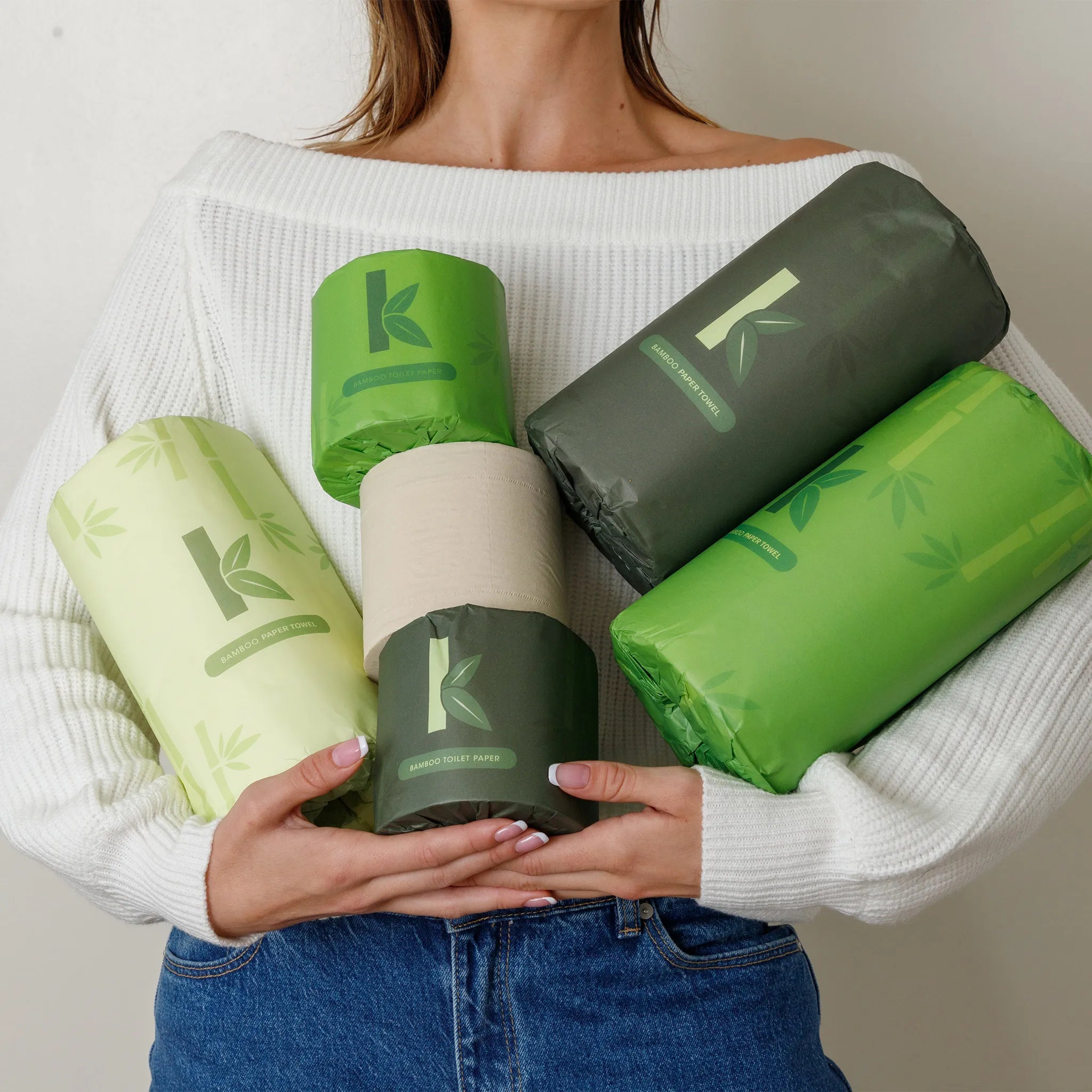
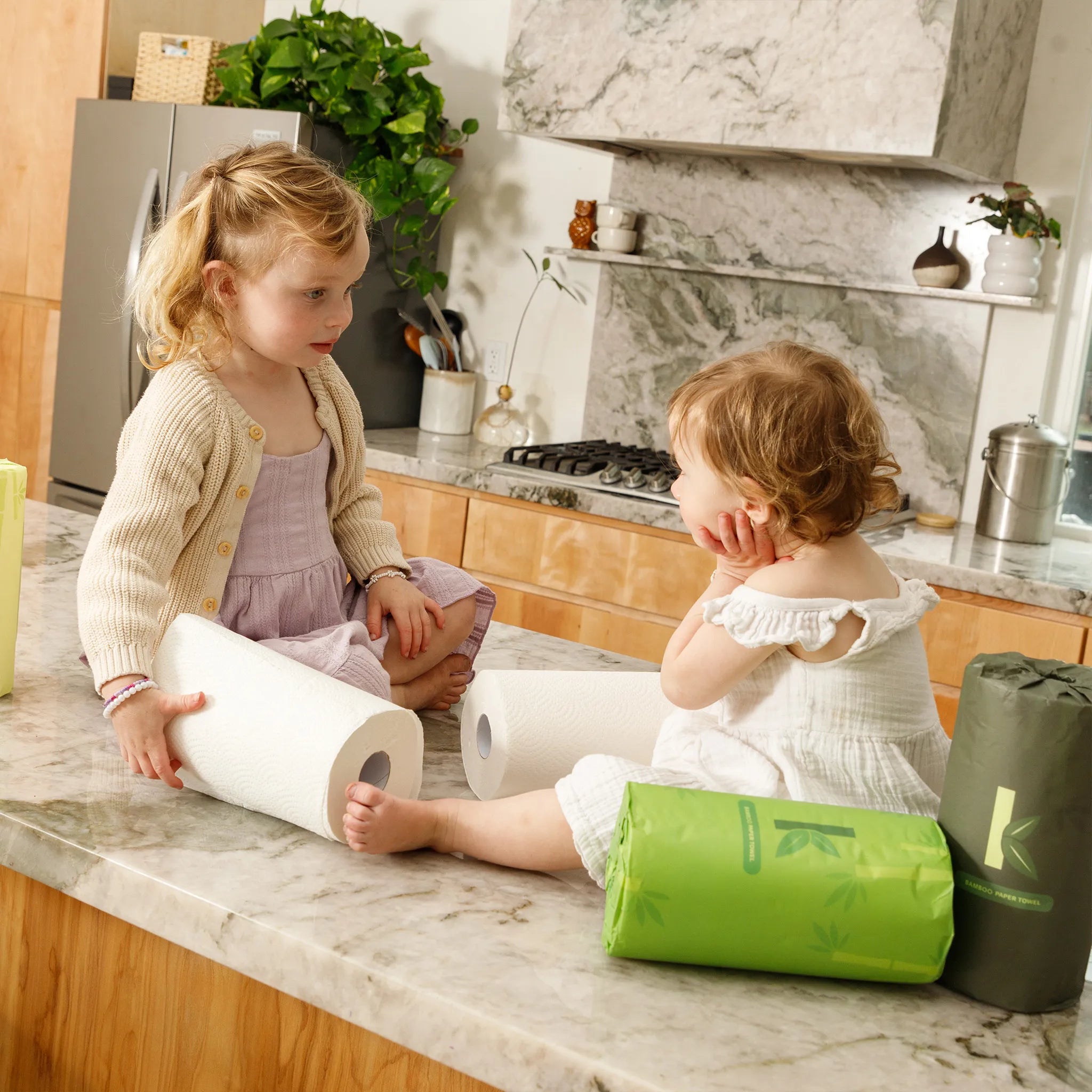
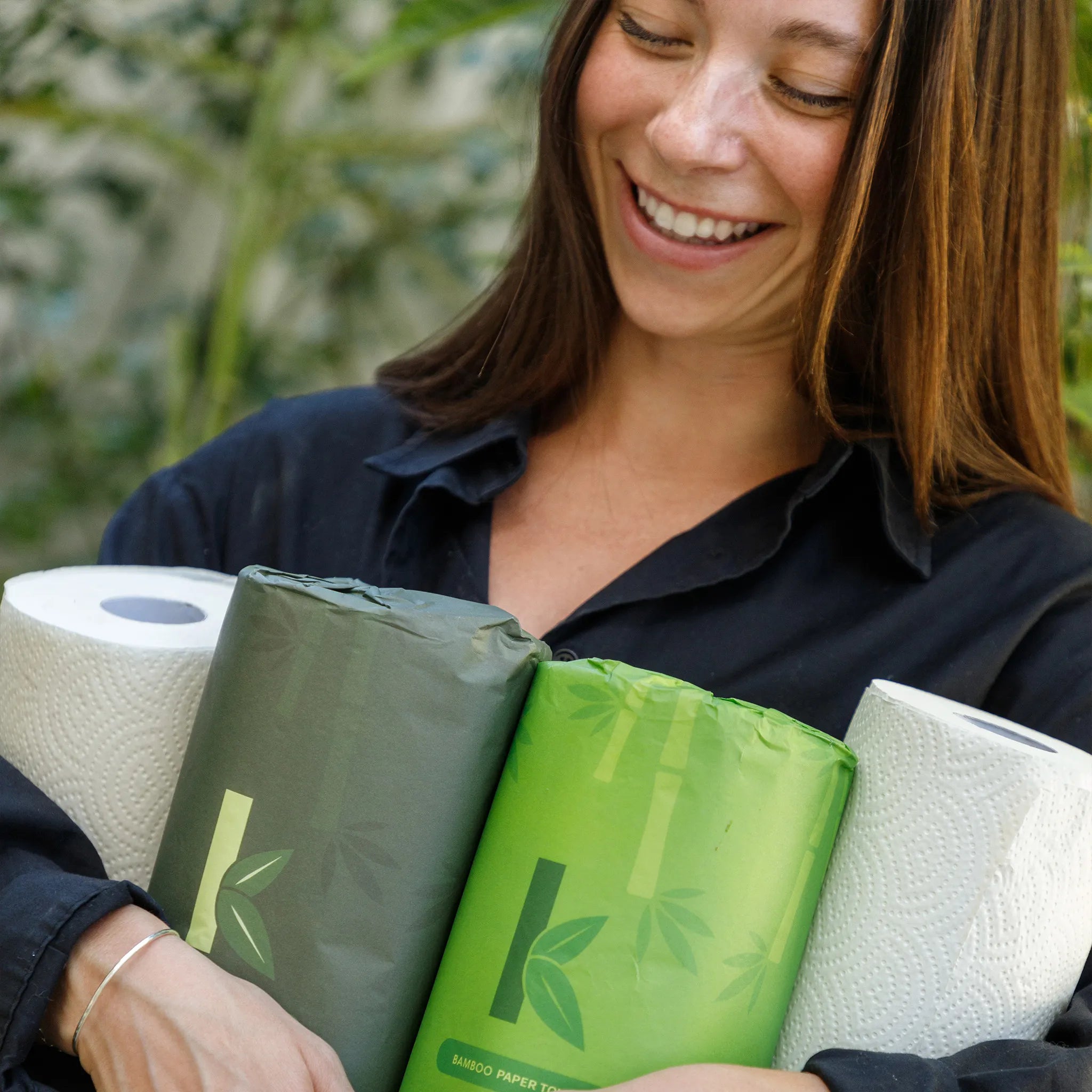



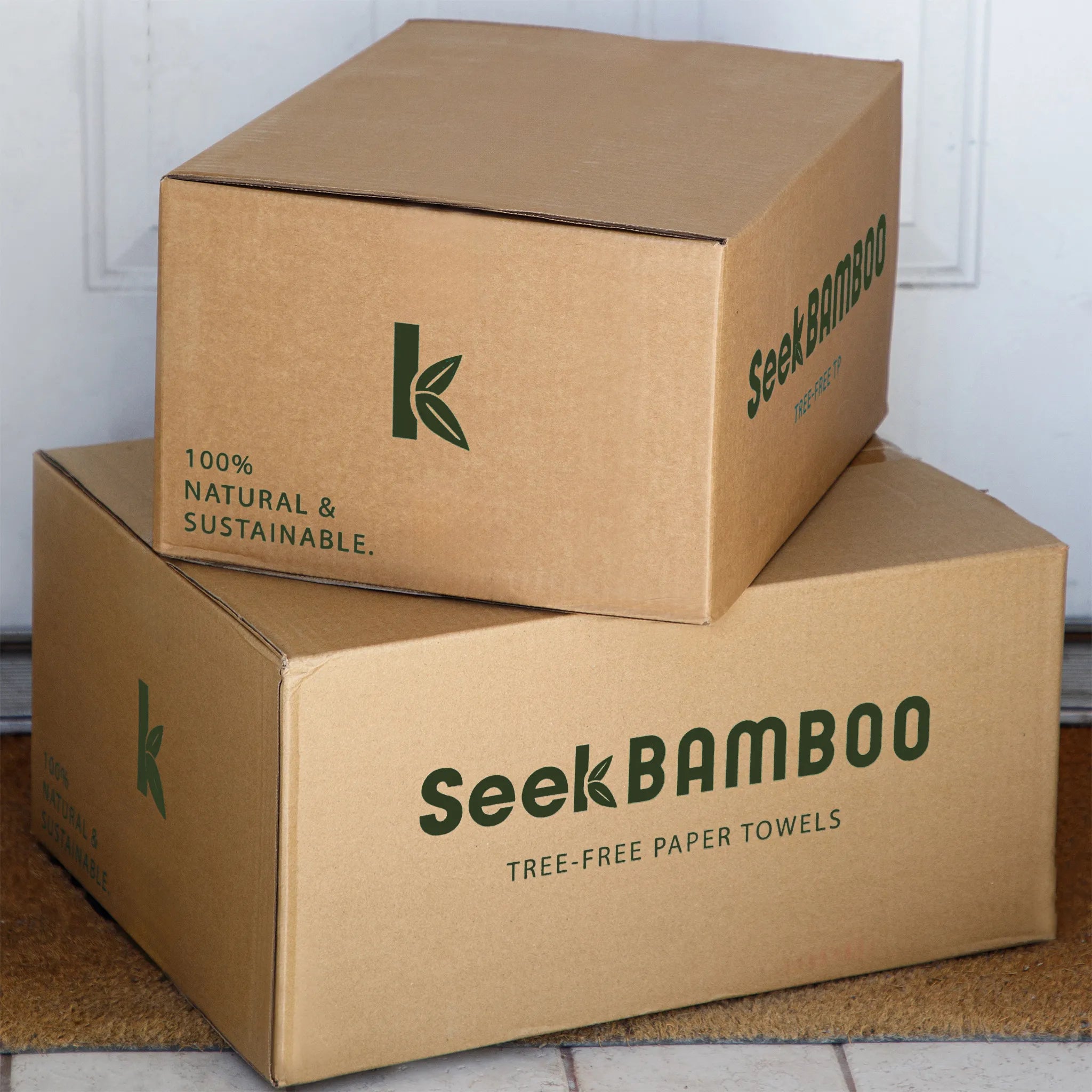
Bamboo Toilet Paper Benefits
In the realm of toilet paper choices, the comparison between traditional and eco-friendly options, particularly bamboo, brings to light several key attributes: tactile experience, structural integrity, and environmental compatibility. When assessing the tactile experience, bamboo toilet paper is a revelation. Its texture is not just soft but also possesses a natural silkiness unique to bamboo fibers. This distinctive softness challenges the conventional notion that eco-friendly products are less luxurious, offering a tactile pleasure that can surpass that of traditional paper.
The structural integrity of bamboo toilet paper is equally remarkable. Unlike some eco-friendly alternatives that may compromise on strength, bamboo combines flexibility with resilience. This robustness ensures that it performs its intended function effectively, matching the reliability of traditional papers. Bamboo’s fibrous structure contributes to this strength, providing a reassuring sturdiness that users appreciate.
An often-overlooked aspect of toilet paper is its environmental compatibility, particularly regarding septic system safety. Bamboo toilet paper excels in this domain. Its natural fibers are designed to disintegrate efficiently, safeguarding septic systems from potential disruptions. This efficient breakdown process is a crucial advantage, especially in areas where septic system health is a priority. Traditional papers, especially the thicker, luxury varieties, can sometimes compromise septic systems due to slower decomposition rates. Bamboo’s quick disintegration is not just beneficial for septic systems but also for the broader environment, as it reduces potential waste accumulation. Yes, bamboo toilet paper is septic safe
In essence, bamboo toilet paper distinguishes itself from traditional options through its unique combination of a luxuriously soft feel, dependable strength, and a septic-friendly profile. These attributes underscore bamboo’s status as not just an eco-friendly alternative, but a superior choice in terms of overall user experience and environmental stewardship.
Unraveling the Mysteries of Eco-Friendly Toilet Paper
Discovering the Soft Side of Sustainability
What makes toilet paper eco-friendly?
Eco-friendly toilet paper is characterized by its minimal impact on the environment. This can include factors like the source of the raw materials (e.g., bamboo or recycled paper), the manufacturing process (such as reduced water and energy usage, and lower chemical reliance), and the product's end-of-life (biodegradability and compostability). Eco-friendly toilet papers typically avoid the use of virgin wood pulp from trees, which is a significant factor in deforestation and habitat destruction.
Is eco-friendly toilet paper as effective as traditional toilet paper?
Yes, most eco-friendly toilet papers are designed to offer the same effectiveness in terms of strength and absorbency as traditional toilet paper. Advances in manufacturing technologies have enabled eco-friendly toilet papers to reach similar levels of softness and durability. Some users even find certain types, like those made from bamboo, to be softer and stronger than traditional options.
Can eco-friendly toilet paper be used in septic systems?
Absolutely. In fact, many eco-friendly toilet papers are specifically designed to be septic-safe. They are often more rapidly biodegradable than traditional toilet paper, breaking down quickly and efficiently in septic systems. This makes them an excellent choice for households with private septic systems, where maintaining the balance of the system is crucial.
Is bamboo toilet paper more sustainable than recycled toilet paper?
Bamboo toilet paper is often touted as more sustainable due to bamboo’s rapid growth rate and its ability to be harvested without killing the plant. It also requires less water and no pesticides to grow. However, recycled toilet paper has the advantage of using post-consumer waste, thereby reducing landfill use and the energy spent on processing virgin materials. Both have their own sustainability merits, and the choice often depends on personal preferences and the specific environmental values one prioritizes.
Why is some eco-friendly toilet paper more expensive?
The higher price point can be attributed to several factors, such as the cost of sustainable raw materials, more environmentally friendly manufacturing processes, and sometimes smaller production scales. However, as demand for these products increases and manufacturing processes become more efficient, prices are likely to become more competitive with traditional toilet paper.
How does the use of eco-friendly toilet paper impact the environment?
Using eco-friendly toilet paper significantly reduces the environmental impact compared to traditional toilet paper. It helps in conserving forests, reducing water and energy consumption during production, and minimizing chemical runoff into ecosystems. Moreover, by choosing biodegradable options, consumers can reduce their personal waste footprint, contributing to lesser environmental pollution.
All About Bamboo Toilet Paper
Pair text with an image to focus on your chosen product, collection, or blog post. Add details on availability, style, or even provide a review.
Pros and Cons Of Bamboo TP
Pair text with an image to focus on your chosen product, collection, or blog post. Add details on availability, style, or even provide a review.


